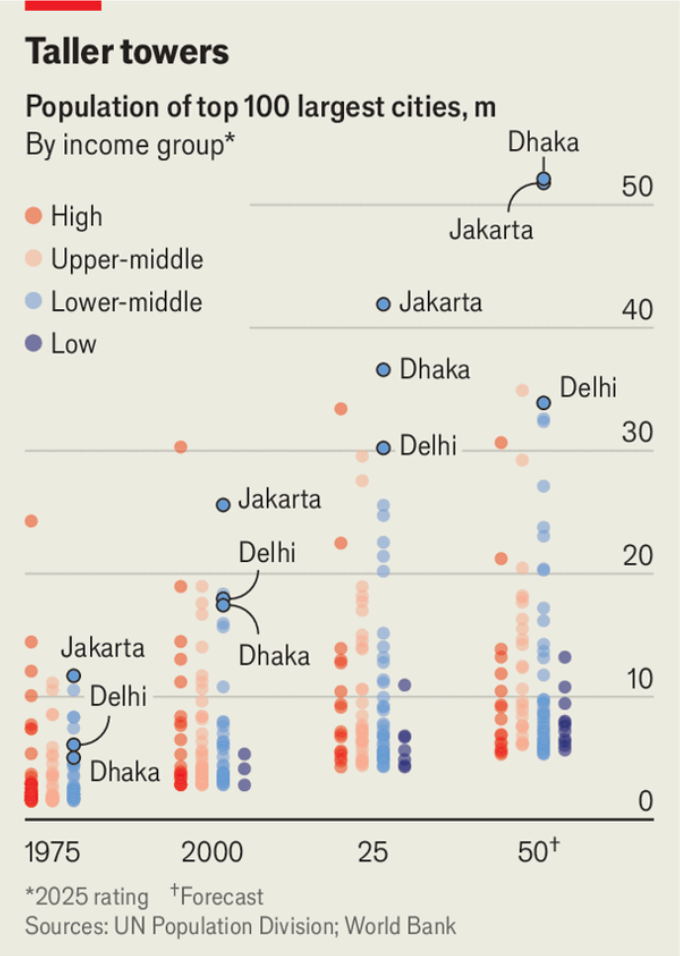- Ziggurat Realestatecorp

- Jan 17
- 2 min read
Filipinos are the second most digitally patient consumers in the Asia-Pacific region, according to a new study by customer engagement platform Twilio, which measured how long consumers are willing to wait for online customer service issues to be resolved.
The Philippines trails only Indonesia, with 76 percent of Filipino consumers saying they remain patient when dealing with automated customer service, well above the regional average of 68 percent.

This translates to an expected resolution window of 27.3 minutes among Filipinos, longer than the regional average of 24.4 minutes. In practice, the Philippines waits longer than any other market surveyed, with actual waiting times averaging 31.9 minutes.
“Filipino consumers are patient because they start with a deep sense of trust, but this trust is a foundation that brands must either build upon or risk breaking,” said Nicholas Kontopoulos, vice president of marketing for Asia Pacific and Japan at Twilio.
Despite these delays, speed is not the dominant concern for many Filipino consumers, the study found.
Half of the respondents said clear and easily understandable instructions were their top priority when dealing with digital customer service channels.
Data security and fast issue resolution were also important factors, with 41 percent of Filipinos saying the protection of personal information and quick service were essential to their trust in a brand.
Another key expectation is warmth in digital interactions, with more than a third of respondents saying automated systems should reflect the friendliness and empathy of human agents.
The study “Decoding Digital Patience” was conducted between August and September 2025 and covered 7,331 respondents across seven Asia-Pacific markets. These include 1,007 respondents in the Philippines.
Varying patience
Twilio’s study showed patience varies significantly depending on the issue being addressed.
Filipino consumers were more understanding of delays involving complex or high-stakes concerns, particularly in healthcare, where longer resolution times were deemed necessary.
Patience declined sharply, however, in routine and everyday interactions that fell short of expectations.
High levels of frustration were reported during telecom service outages (69 percent), cases involving incorrect or damaged items (68 percent), billing disputes (68 percent) and delayed or missed retail deliveries (66 percent).
Filipinos belong to one of the markets most exposed to artificial intelligence (AI) in customer service, with 81 percent reporting they have interacted with an AI-powered tool before.
Despite this high exposure, satisfaction among Filipino consumers remains mixed, with 42 percent reporting frustrations stemming from scripted responses, generic answers and unresolved issues.
As a result, 43 percent of Filipinos said they prefer to begin customer support interactions with a human agent, even if it means waiting longer.
Source: Inquirer






